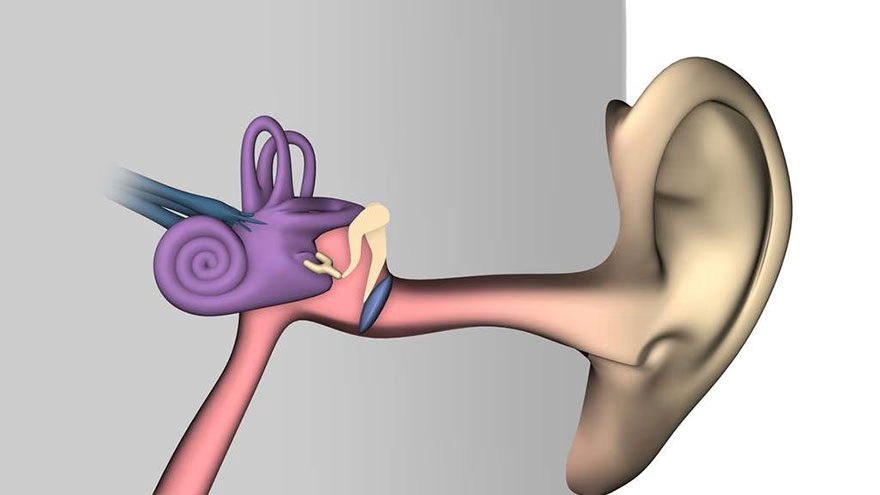
The Vestibular System
The vestibular system is made up of several small canals in the inner ear, sometimes called a labyrinth. Hairs in these canals react to, and send messages about, head movement.
Vestibular Failure
Vestibular failure occurs when the labyrinth or eighth cranial nerve stops responding appropriately, and critical information about movement is no longer conveyed to the central nervous system. This failure can occur unilaterally or bilaterally.
Symptoms
Those who suffer from a bilateral loss often suffer a general loss of balance and blurred vision. Vertigo can occur in patients with a bilateral loss, but is more common in those with unilateral failure, because of the resulting spinning sensation. Patients with unilateral failure may also experience visual symptoms when moving their head.
Causes
Causes of vestibular failure include age, use of ototoxic drugs and trauma.
Management
Management of vestibular loss occurs primarily through counseling. Patients must learn about major risks, ways to upgrade safety and methods for compensating for the loss.You Might Also Like :: What Is COPD Respiratory Failure?
Save for later
Found this helpful?
Pin this article to your Pinterest board and come back to it whenever you need a reminder.
Save to Pinterest


